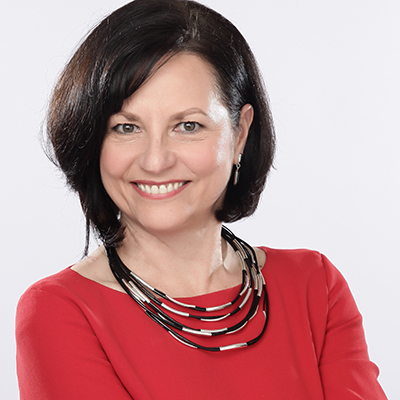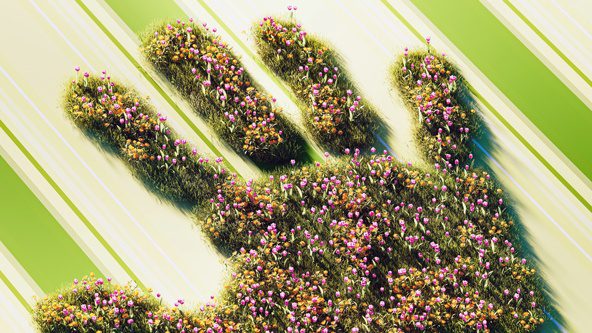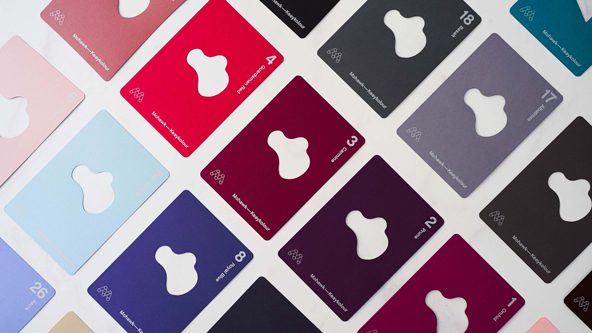D&I and Wellbeing
Replenishing Your Resilience & Beating Burnout
Career and business success are predicated on your ability and your hard work. Your professional knowledge and experience are the foundation for building credibility and expert status, especially early on in your career. As you progress in your career, it’s your EQ (emotional intelligence) that enables you to navigate the workplace effectively. This includes the so-called soft skills which are career-critical, such as developing relationships, increasing your visibility, and getting others to champion your good work. As you move into leadership positions, ability and hard work are givens, and EQ is the gateway to higher levels in the organisation. Leadership demands a high level of emotional intelligence to understand, motivate and inspire others. The final ingredient to career success is RQ (Resilience Quotient).
One of the many lessons of the pandemic is that RQ is what’s needed to bounce back from tough times, ‘failures’ and mistakes. RQ – what the psychologist Carol Dweck refers to as growth mindset – also enables us to grow, learn and innovate. And just like EQ, we need to work at enhancing our RQ – it doesn’t just happen on its own. In a business environment of geopolitical risk, financial challenges, disruptive technologies and global health issues, your personal resilience is one of the most important elements driving business success.
What do we mean by resilience? My personal definition is “it’s the art of managing your career for maximum health and happiness for the longer term in the face of constant change.” I hear the push back, “But what does ‘happiness’ have to do with running a demanding and tough business?” Scientific evidence shows that happiness promotes a healthy lifestyle, combats stress, and boosts the immune system. By inference, this means that your specific formula for increasing your resilience is a very personal one as what gives you energy and makes you happy may not work for others and vice versa.
Burnout often occurs because we believe that eventually we’ll catch up and be able to master time. This is an illusion. We’ll never master time – it’s part of the human condition. There will never be enough time to do everything there is to do, or what we’d like to do. The key is to acknowledge that part of being human is that we can neither create nor master time. When you fully acknowledge that time is a fixed constraint, it’s a huge boulder being lifted from your shoulders. This certainly worked for me decades ago when I decided to pursue my ambition of a career in Banking & Finance as well as raise a family. In the beginning I thought I had to do everything. But then as I realised this was impossible (and that it was an expectation I was mostly putting on myself!), I made a conscious choice on where to focus my attention. This was a gamechanger. I made choices based on what I enjoyed the most and where I could have the most impact on both home and work.
A happy life is about making the right CHOICES for you. Take back control. There is no need to say “I don’t have time” as it’s not your fault that there’s only 24 hours in a day. Once you’ve done the strategic thinking about what’s important to you personally and professionally, you’ll be well positioned to reply “My priority at the moment is xyz”, implying therefore that what you’re being asked isn’t the right thing for you to focus on at the moment. When you’re being asked to devote your attention to other non-priority areas, it’s also an opportunity for you to self-promote. Let others know instead what you are working on or focusing on at the moment. Share your enthusiasm and excitement for the things you do care about. This will help others know what to approach you with in the future.
This approach worked well for me in Banking where I’d let others know I was busy focusing on opening up new markets in Europe and developing a new client base of investors, and therefore not able to focus my attention on matters that didn’t support those goals. I might suggest who may be able to help them, or offer a different approach given what I did know, but in no case would I commit to taking on task or issue that didn’t align with my priorities. This approach was useful as I don’t like to say no. As the more senior professional, you can play that role of asking the question ‘why are we doing that’, to ensure activities are aligned to the strategic objective as well as not being duplicated in other parts of the organisation.
Knowing your career strategy or direction helps guide you to make the right choices for you. Don’t worry about knowing precisely what your next role is. Your career strategy helps you determine what and who your priorities are. Without that reflection we can easily feel overwhelmed and feel like we’re just spinning our wheels. Our job satisfaction (and happiness) drops and the risk of burnout increases. By continually reminding yourself of your priorities, it’s then easier to determine what fits into your strategy and how you should allocate your time. Your time is limited so be intentional about using it in the most impactful way. Where is the biggest ROI (return on investment)?
This same alignment to the larger strategic picture can be done for your personal life. What outcomes do you want personally? Then work backwards and ensure that how you choose to spend your time is supporting those goals. Going back to my own career/family dynamic, I realised that at home the biggest impact I could have on raising great kids was spending quality time with them. We chose activities that we could do as a family which we all enjoyed (tennis, health club and hiking). In terms of household chores, I focused on the ones I enjoyed (I love to cook) and was creative on ‘outsourcing’ others such as housecleaning and gardening. With a demanding career, it was important that I re-energised my battery on the weekend. Investing in those family relationships not only gave me energy, but provided me a life perspective and a value set which made me a stronger professional and leader.
We humans are complicated and thus our wellbeing is complicated. It’s multidimensional: physical, mental, emotional, and relational. Our choice about which activities to undertake that re-energise us – personally and professionally – relate to these four areas. The ‘relational’ area may be less familiar – this is about meaningful connections with others. Another lesson from the pandemic is that our relationships at home and work are what sustain us. The specifics of what these re-energising activities look like at an individual level will vary across the four areas. Experiment to find out what suits you best. For example, when the pandemic and lockdowns struck and my health club closed, I decided to cycle outdoors every day (barring snow, ice or lightning). Cycling outdoors improves my physical, mental, and emotional wellbeing, and it’s also on my bike rides that I come up with my best ideas. For others, cycling could be one of least enjoyable activities on earth. That’s ok. That’s why this formula is not prescriptive.
In addition to my aha moment in my career/family dynamic about making choices and not feeling like I had to do everything, I had another important discovery. I realised that actually my career helped me be a better mother, life partner, and neighbour and that my family helped me be a better professional, manager and leader. This perspective enhanced my resilience rather than depleting my energy. Of course, at the coalface there will be tension between home and work, but stepping back you realise that one can support the other through the skill switch. Business skills such as problem solving, resolving conflict and managing others are fantastic skills to leverage in your personal life. Likewise, your values, personality and life perspective are valuable attributes to whatever business you’re in.
One of the biggest obstacles to investing in self-care (in the broadest sense which includes thinking strategically about your career) is that you’re too busy looking after everyone else’s wellbeing. As HR Directors this may resonate with you. Think about the announcements once you’ve boarded a plane. You’re encouraged to put your mask on first before helping others in the event the oxygen levels drop. Looking after yourself empowers you to help others. Everyone benefits when you’re well – your colleagues, your managers, your friends and family. Taking care of yourself is investing in your performance. When you’re at your best you’re able to have more impact on the business as you’re better at listening, problem solving, resolving conflict, making decisions, receiving and giving feedback and being innovative and creative. And in an environment of constant change these skills are in more demand than ever.
In sum, here are my top three tips for replenishing your resilience and avoiding burnout:
- Be strategic and intentional – give yourself time to think strategically about how you want things to look in your personal and professional life in the bigger picture. What outcomes do you want? Then think about your top-level goal, and then perhaps 3 mid-level goals and a few lower-level goals. Too many lower-level goals make being strategic a real challenge – they crowd out what’s important and become a distraction.
- Realign your work and life for maximum impact – now that you’ve determined what outcomes you want, reflect on how you’re actually spending your time (personally and professionally) and what kind of ROI you are actually getting. Be honest and make adjustments accordingly.
- Take back control – take back control by practising the art of offering something other than an unqualified ‘yes’ when someone requests your precious time and attention. Here are three phrases to have in your back pocket to enable you to collaborate and support your colleagues, friends and family without sinking yourself in the issue or task:
- Yes, but with conditions – this helps in setting parameters and boundaries.
- Yes, but not me – this is one to use when someone on your team is better suited.
- No, but here’s what I can do – this sets you up nicely to make an offer of help that’s within your range of available resources.
Increasing your resilience isn’t about reinventing yourself, but rather tweaking your perspective and approach, and trying out a few new strategies to enhance your resilience. It doesn’t matter where you are on the resilience curve. Wherever you are now is a great place to start.






